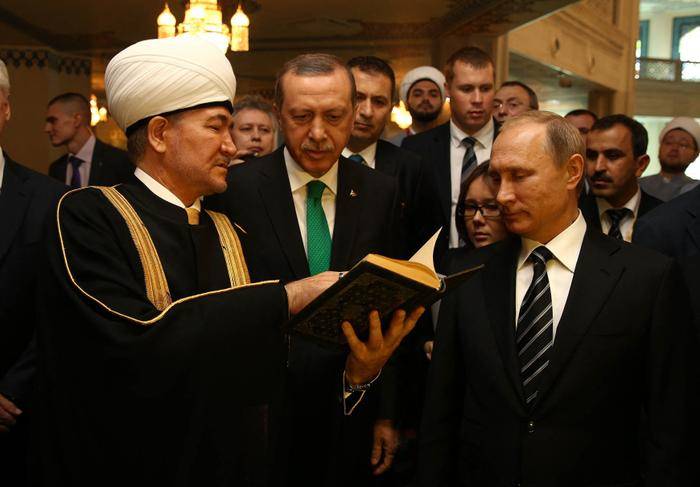Russia and Turkey's Complex Dance in Syria
The situation in Syria has taken a dramatic turn, with the Bashar al-Assad regime's defensive line collapsing in northern Syria. This sudden shift has allowed Syrian rebels to gain control of key areas, including Aleppo and Hama. At the heart of this development is the complex relationship between Russian President Vladimir Putin and Turkish President Recep Tayyip Erdogan.
Despite their cordial ties, Putin and Erdogan have found themselves on opposite sides of the Syrian conflict. Russia has been a key supporter of the Assad regime, while Turkey has backed the Syrian rebels. The recent rebel gains have raised questions about the future of Assad's regime and the role of Russia and Turkey in shaping Syria's future.
From Turkey's perspective, the rebel offensive is seen as a strategic opportunity to advance its interests in Syria. Turkey has long been concerned about the presence of Kurdish militants in northern Syria, which it views as a threat to its national security. By supporting the rebels, Turkey hopes to create a buffer zone in northern Syria that would prevent Kurdish militants from establishing a foothold ¹.
Russia, on the other hand, has been keen to prop up the Assad regime, which it views as a key ally in the region. Russia's military intervention in Syria in 2015 helped to turn the tide of the conflict in Assad's favor. However, the recent rebel gains have raised questions about Russia's ability to sustain its support for the regime.
As the situation in Syria continues to unfold, it is clear that both Russia and Turkey will play important roles in shaping the country's future. The United States, too, has a stake in the outcome, and there are reports that the Biden administration is considering dispatching a special envoy to Syria to engage with the rebels and other stakeholders ².
In the short term, the focus will be on establishing a ceasefire and preventing further bloodshed. However, in the longer term, the challenge will be to establish a stable and inclusive government in Syria that reflects the interests of all its citizens.
As Frederic C. Hof, a senior fellow at Bard College's Center for Civic Engagement, notes, "The Syrian revolution, regardless of what happens next, is where it belongs: In the hands of the Syrian people." ²




No comments yet
Be the first to share your thoughts!